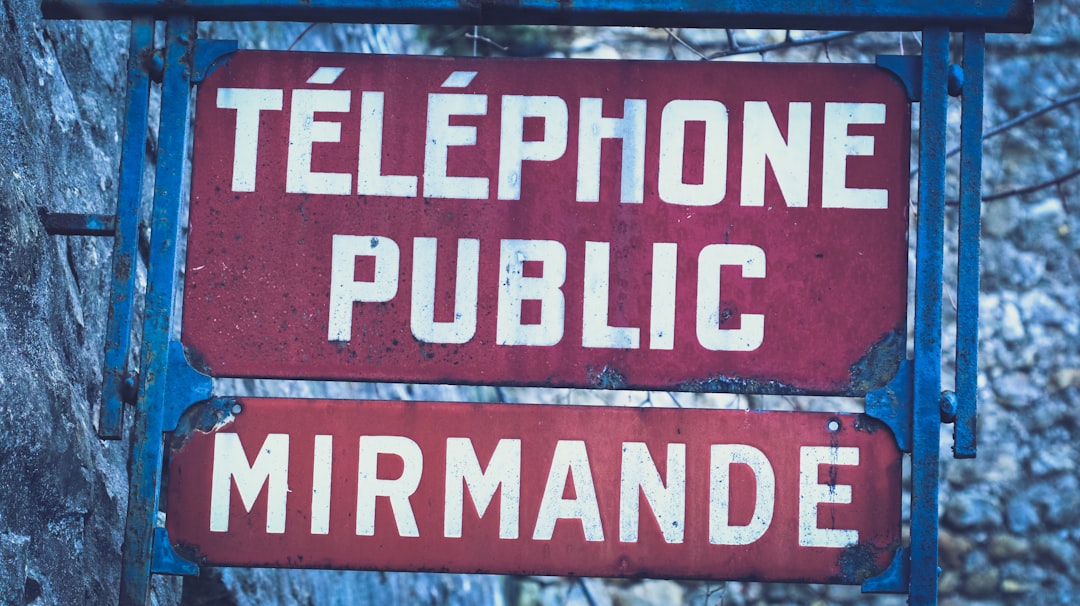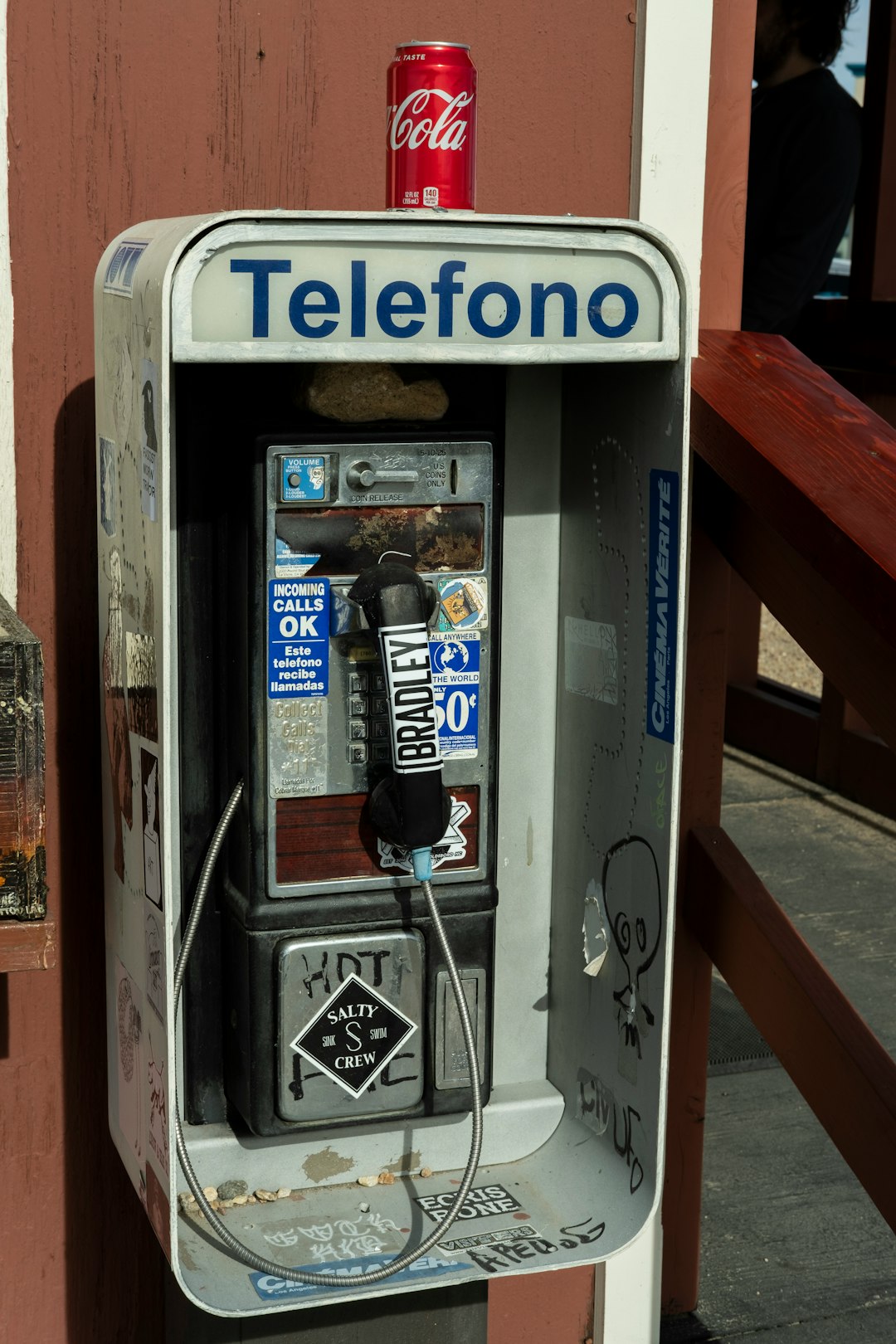Colorado's No Call Laws protect residents from unwanted telemarketing by balancing consumer privacy and business marketing through a robust do-not-call registry, time-based restrictions, and explicit consent requirements. These laws foster respect for resident privacy, enhance consumer satisfaction, and encourage businesses to adopt targeted outreach strategies while maintaining a healthy economic environment. The success of Colorado's model suggests future trends in state-level legislation focusing on digital channels and stricter data privacy regulations.
“Unraveling Colorado’s pioneering approach to No Call Laws in this comprehensive guide, we explore how the state has navigated the balance between consumer privacy and business outreach. With a unique implementation strategy, Colorado’s model offers valuable insights into the effectiveness of No Call Legislation.
From understanding the core principles to analyzing its impact, this article breaks down key provisions and predicts future trends inspired by Colorado’s leading example in managing No Call Laws.”
Understanding No Call Laws: A Brief Overview

No Call Laws, also known as Do Not Disturb or No Solicitation laws, are regulatory measures designed to protect consumers from unwanted telephone calls, especially from telemarketers. These laws have become increasingly important in an era where phone calls have transformed into a primary mode of communication and marketing. In Colorado, the approach to No Call Laws is comprehensive and uniquely balanced. The state has implemented robust regulations that give residents control over their phone lines while fostering a healthy business environment.
Colorado’s No Call Laws are enforced by the Colorado Attorney General’s Office, which maintains a dedicated Do Not Call Registry. Residents can register their landline or cell phone numbers to opt-out of telemarketing calls. This registry is regularly updated and respected by businesses operating within the state. Additionally, Colorado has strict penalties for violators, ensuring compliance and providing recourse for aggrieved citizens.
Colorado's Unique Approach to Implementing No Call Legislation

Colorado takes a unique approach to implementing No Call laws, focusing on both consumer protection and business flexibility. Instead of a one-size-fits-all policy, Colorado’s legislation allows for a more nuanced system. It establishes clear guidelines for businesses while also empowering consumers with options to manage their privacy preferences.
The state offers a robust do-not-call registry, providing residents with the ability to opt-out of telemarketing calls. This registry is actively maintained and updated, ensuring that businesses comply with consumer choices. Additionally, Colorado’s law includes provisions for time-based restrictions, allowing call centers to make limited calls during specific hours when consumers are more likely to be available, striking a balance between marketing efforts and personal privacy.
Key Provisions and Permitted Activities Under Current Law

In Colorado, the No Call Laws aim to protect residents from unwanted phone calls and telemarketing activities. Under current legislation, there are several key provisions in place. Firstly, it restricts commercial calls made to residents’ home phones during specific hours, typically between 9 a.m. and 5 p.m., to ensure citizens can enjoy their personal time without constant interruptions. Secondly, the laws mandate that businesses obtain explicit consent before initiating any automated or prerecorded phone calls, significantly reducing the volume of unsolicited calls.
Despite these restrictions, several permitted activities are allowed under No Call Laws Colorado. Nonprofit organizations and political campaigns can still make calls for fundraising or promotional purposes, provided they follow specific guidelines. Additionally, companies may contact individuals who have done business with them in the past or those who have requested information from them, offering legitimate products or services. These provisions balance the need to protect residents’ privacy with businesses’ ability to engage in targeted marketing strategies.
Impact and Future Trends: What We've Learned from Colorado's Model

Colorado’s approach to No Call Laws has significantly impacted consumer experiences and business practices within the state. By implementing stringent do-not-call regulations, Colorado has fostered a culture of respect for individual privacy and reduced unwanted telemarketing calls. This model has shown promising results in curbing excessive phone marketing, leading to higher consumer satisfaction and trust. Businesses have adapted by adopting more targeted and personalized outreach strategies, ensuring compliance with the law.
The success of Colorado’s No Call Laws suggests future trends in state-level legislation. Other states may follow suit, refining their own do-not-call policies based on Colorado’s model. As technology evolves, so too will the focus on consumer protection. Future developments might include expanding no-call protections to digital channels like email and text messaging, as well as enhancing data privacy regulations. These advancements aim to balance business needs with individual rights, creating a more harmonious and respectful marketing environment.






